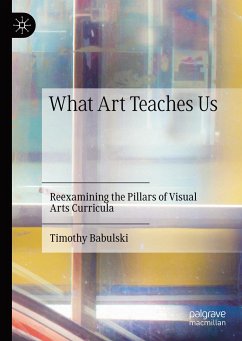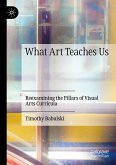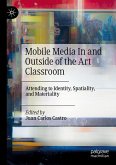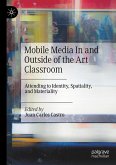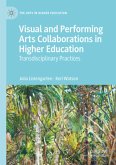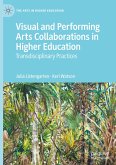This book critically examines four areas common to visual arts curricula: the elements of art and principles of design, the canons of human proportions, linear perspective, and RYB color theory. For each, the author presents a compelling case detailing how current art teaching fails students, explores the history of how it came to be part of the discourse, and then proffers cognitivist and holistic alternatives. This book provides a framework for teachers and teacher-candidates to shape how they advocate for intellectual rigor and embodied learning and, importantly, how they can subvert an existing curriculum to better meet the educational needs of their students.
Bitte wählen Sie Ihr Anliegen aus.
Rechnungen
Retourenschein anfordern
Bestellstatus
Storno

